Why The Subject Of 'The Manhattan Alien Abduction' Is Taking Netflix To Court
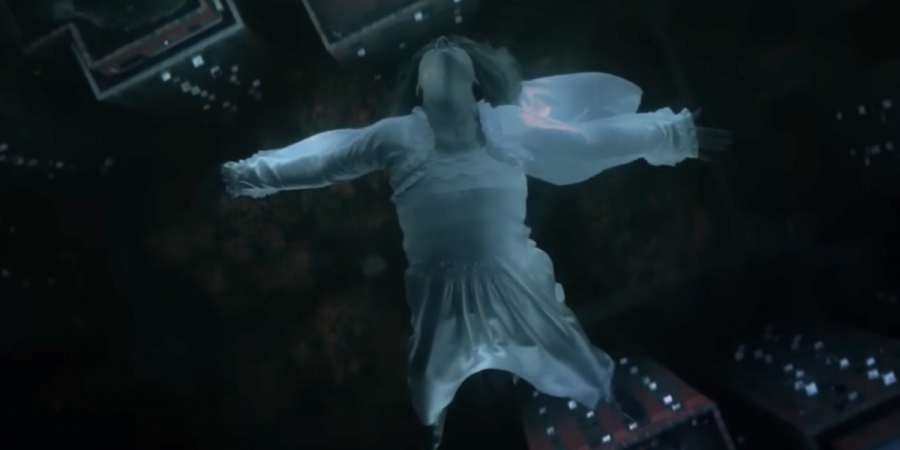
Photo: Netflix

Photo: Netflix
Netflix is facing a legal battle over the recently released documentary series 'The Manhattan Alien Abduction', with Linda Napolitano, the subject of the series, alleging that the streaming giant has damaged her reputation and violated agreements.
Linda claims that Netflix misled her about the nature of the series and portrayed her in a way that undermines her character. She is joined in the lawsuit by the estate of Budd Hopkins, a prominent UFO investigator who originally brought Linda's story to the public eye and documented it in his book.
Linda's legal dispute centres on the documentary's inclusion of interviews and statements from Carol Rainey, a vocal sceptic of Linda's account and the ex-wife of Budd Hopkins. Carol is well-known in UFO research circles for her critical stance on some of Budd's work. But Linda argues that Carol's views that are featured in the series are biased and aimed at discrediting both Linda's experience and Budd's work.
Linda Napolitano's case, also known as the 'Manhattan Abduction', involves her claim of being abducted by extraterrestrials from her Manhattan apartment in 1989. Linda alleges that in the early hours of the morning, she was lifted out of her high-rise apartment window by grey-skinned beings and taken aboard a UFO. The case gained significant attention due to supposed eyewitnesses, including two unidentified bodyguards, known only as "Richard" and "Dan," who claimed to have seen her being levitated out of her window. These two men allegedly reported the incident, but they were never formally identified or confirmed as credible witnesses, a detail that critics have seized upon.
Budd Hopkins, an artist and UFO researcher, was instrumental in popularising Linda's story. He believed in her account and even conducted hypnosis sessions with her, a method sometimes used to recover hidden or repressed memories. Critics, however, argue that hypnosis can lead to the formation of false memories if the subject is influenced, intentionally or not, by the investigator's own expectations. Budd, who passed away in 2011, appears in the Netflix documentary through archived interviews and recordings.
Carol Rainey, who passed away in 2023, was once married to Budd Hopkins and collaborated with him on some of his work. However, over time, she grew sceptical of his methods and the credibility of some abduction stories, particularly Linda's.
In the Netflix series, Carol argues that Linda may have fabricated elements of her experience. She highlights the absence of concrete evidence, pointing out that no one has ever verified the identities of Richard and Dan, the two bodyguards who allegedly witnessed the abduction.
One of Carol's most contentious claims involves letters that were supposedly from Richard and Dan. Carol suggests that Linda may have fabricated these letters to lend credibility to her story, as Budd never met the two men or verified their existence independently.
The documentary also explores questions around physical evidence linked to Linda's case. Linda once claimed to have an implant, a foreign object allegedly inserted by her abductors, which would serve as tangible proof of her experience. However, later X-rays reportedly showed the implant was no longer there, raising questions about whether it existed in the first place. Carol suggests that the implant could have been faked or misidentified, and even that Budd may have inadvertently influenced Linda to believe in its authenticity.
Carol also criticises Budd's use of hypnosis with Linda, arguing that he may have unintentionally planted ideas that influenced her account. Hypnosis is controversial in cases like these because it can sometimes lead subjects to describe memories that reflect the hypnotist's expectations rather than genuine experiences.
Linda's lawsuit alleges that Netflix's portrayal of her and its use of Carol's perspective amount to defamation. Defamation, in legal terms, is when someone's reputation is damaged by false or misleading statements. Linda's suit claims that Carol's sceptical views, aired in the series, are biased and part of a personal vendetta due to her difficult relationship with Budd. Linda maintains that her account is truthful and argues that Netflix failed to provide a balanced perspective, thereby harming her reputation.
Linda and Budd Hopkins' estate are seeking damages, likely meaning they want financial compensation from Netflix for the perceived harm caused by the series. The suit also aims to highlight Netflix's alleged misrepresentation of its intentions, claiming that Linda would not have cooperated with the project had she known how it would depict her and her story.
As this case unfolds, it may have broader implications for how streaming platforms handle sensitive topics in documentary series, especially those involving living subjects or their estates. 'The Manhattan Alien Abduction' has ignited debate not only about Linda's story but about how alleged paranormal events should be handled in the media, with critics on both sides questioning what truly happened in November 1989.
Further Reading
Dive into the world of the paranormal and unexplained with books by Higgypop creator and writer Steve Higgins.
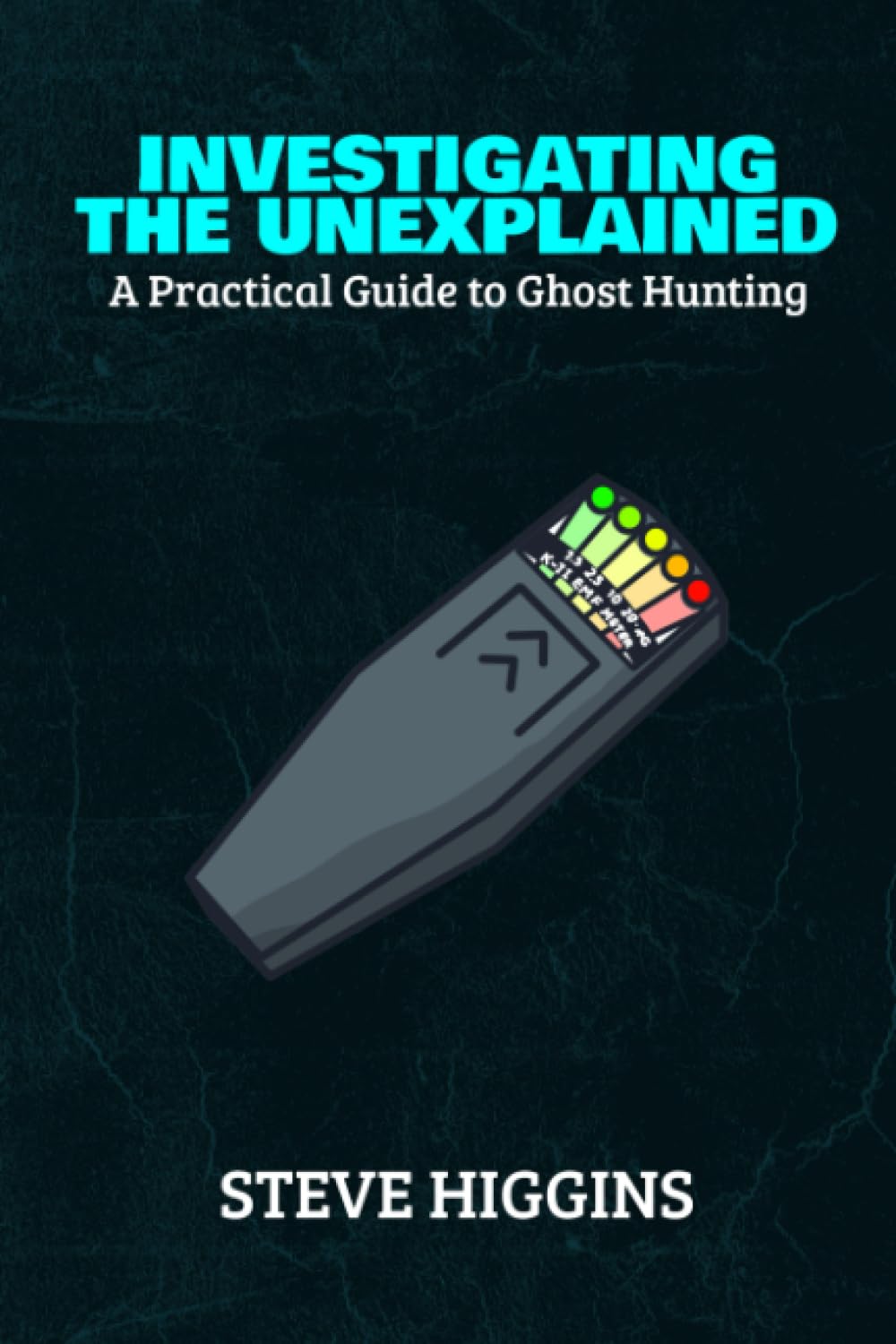
Investigating The Unexplained
Practical advice on conducting paranormal investigations and uncovering the unexplained.
Buy Now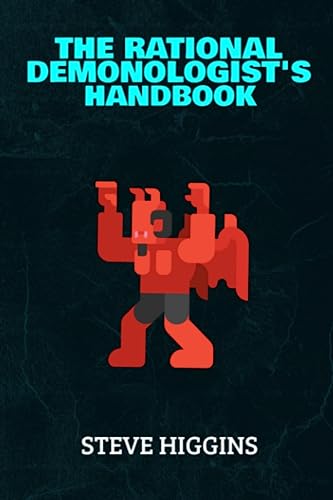
The Rational Demonologist
An exploration of demonic activity, including possession, protection, and exorcism.
Buy NowMore Like This
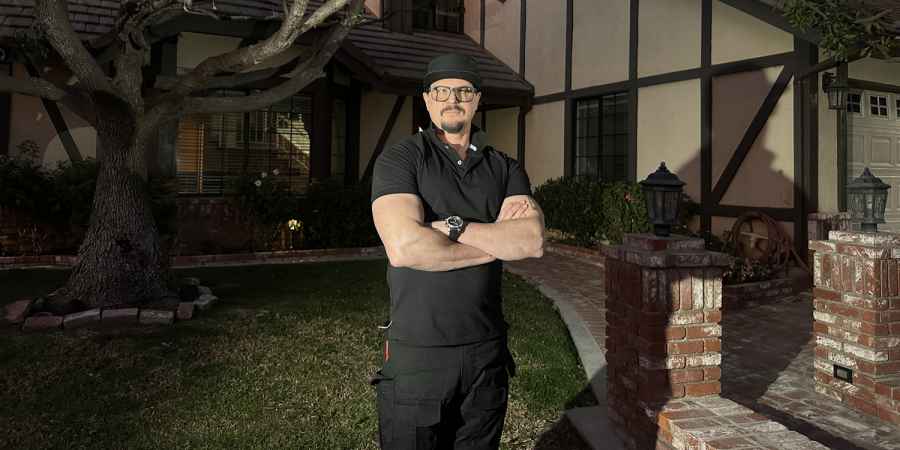
Ghost AdventuresApril 13, 2025
Watch A Sneak Peek Of The New Season Of 'Ghost Adventures'

UfosApril 12, 2025
What Do Astronauts Say About UFOs?
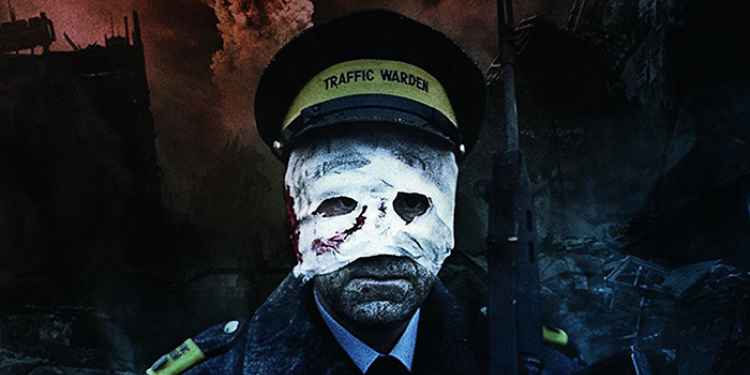
ThreadsApril 09, 2025
Grim Apocalyptic BBC Drama 'Threads' To Be Reimagined As A TV Drama Series
 See More on Audible
See More on Audible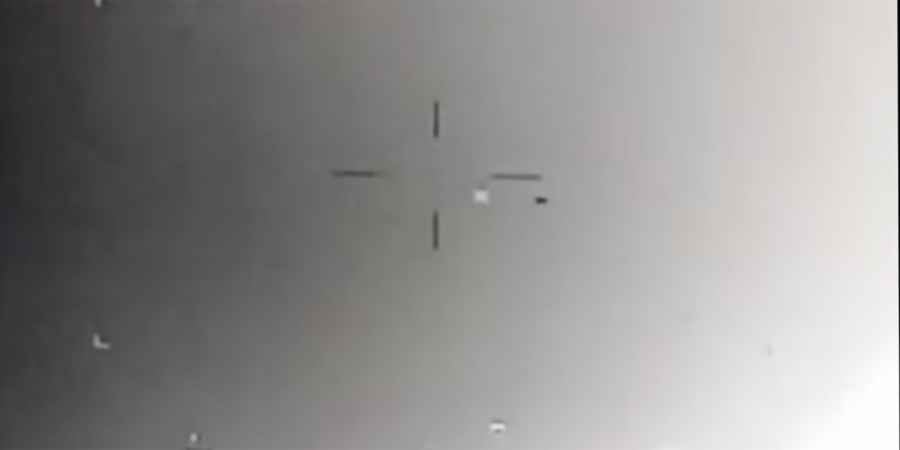

Comments
Want To Join The Conversation?
Sign in or create an account to leave a comment.
Sign In
Create Account
Account Settings
Be the first to comment.